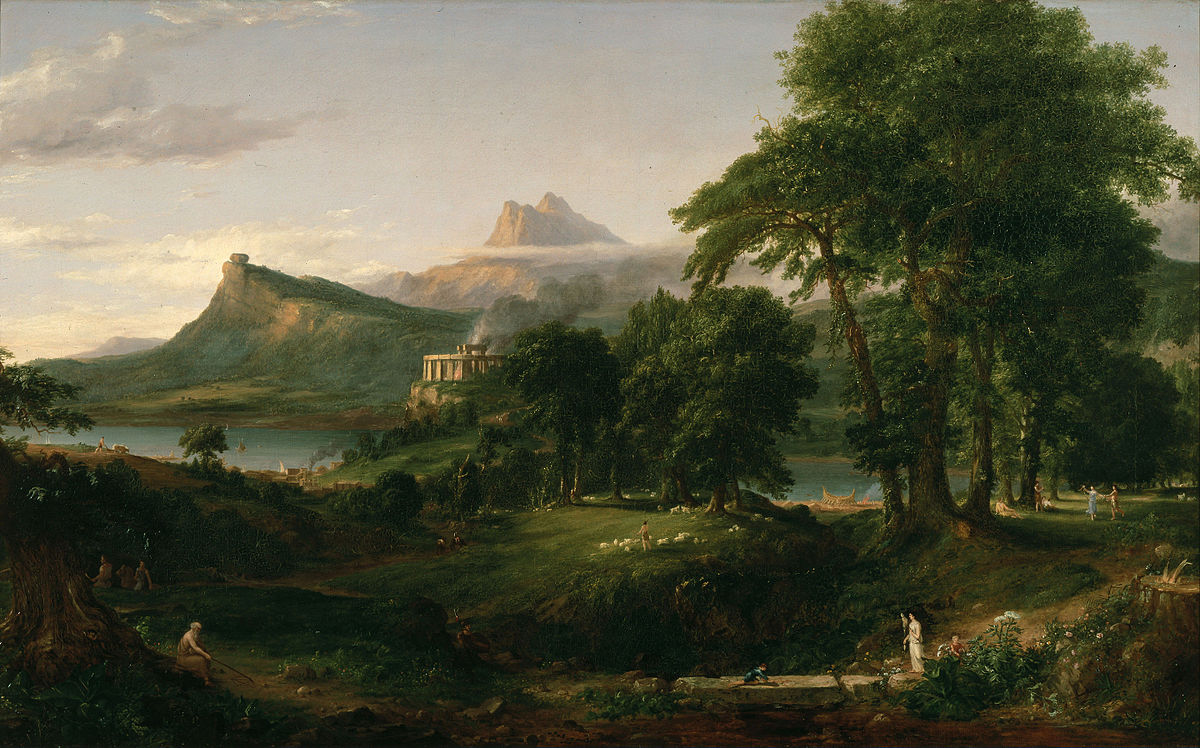Defining Sustainability? and Boundary Objects

I thought the conversation in the second lecture represented a logical progression from the ideas presented in the first lecture. After the first lecture, I was a little overwhelmed at how difficult it is to define sustainability. I was having a crisis trying to process all the different frameworks (The Natural Step, triple bottom line, industrial ecology, etc.) and how they emphasized different ways to balance resources, especially natural capital vs. human, financial, social, and constructed capital, to achieve various forms of sustainability. I was trying to decide if sustainability was a moral obligation, or a set of standards and regulations, and whether it needs to be directed at sustaining only existing power structures, the Earth, or to go further in preserving biodiversity and the quality of human life.
So when the second speaker opened with a discussion of whether or not we even need to define sustainability, when a definition can help, and alternatives we can use as rhetoric to promote sustainability instead of absolutely defining it, I was relieved. In my first reflection, I wrote
‘What I am getting at here is that sustainability is inherently a universal concept. You can’t define sustainability because every person and every action is a part of a great interconnected system existing in the past, present, and future. Emphasis needs to be placed on achieving sustainability together. We need to decide what values are important to us… I tend to disagree with the Marshall argument that our values and beliefs should not be incorporated into the concept of sustainability, in light of how different our values are, and how these vast differences may render the concept of sustainability meaningless. Instead I would argue our values, beliefs, aesthetic feelings, and morals are in fact incredibly strong sources to draw on to enhance arguments in favor of attaining their more fundamental definition of sustainability.’
This sentiment fit right in with the idea that there are alternatives to defining, alternatives that serve our purpose just as well. I would agree that we know sustainability when we see it. We can use family resemblance, social norms, and values to allow us to make decisions without the definition. For example, I have no idea how much energy we will need in the future, but I am fairly certain the sun will shine a couple billion years longer than we are able to burn fossil fuels. Then I have the feeling that wind turbines and solar cells are more sustainable than oil and coal, so I would support incorporating these sources of energy into a more diverse energy portfolio.
I believe that achieving sustainability today is not even as much about attaining new and improved technologies but just about getting people to care and support sustainable policies. When we were separated based on how we thought sustainability would be achieved, I fell into the society-based change from the bottom-up (meaning individuals are more important than large institutions) group of the class. I think that people need to educate themselves about the issues we face, take individual responsibility, and in general make a few sacrifices and make meaningful everyday decisions to take care of the environment. But it was actually great to see that other people in the class emphasized different combinations of technology and policy change with my views. I think these different perspectives, especially coming from a group of people that genuinely care about the same general idea (a boundary object), are the beginning of a very fruitful argument. And at a time when a lot of people are feeling disillusioned with our government and where we are going, the idea of a productive discussion leading to real action toward a sustainable future is a powerful one.
Different people will be influenced by different arguments. For example, there are people who don’t believe global warming exists, maybe because the ocean hasn’t come crashing over the beach into their house yet. Although this is already starting to happen. And there are some people that are wary of having a wind turbine in their backyard because it may damage their health in the form of annoying shadows or noises. And some people would be crushed if they couldn’t fly a plane to Australia to see their family. All of us want to do these things, and there are more of us every day. I just bought a motorcycle because I was getting tired of riding my bicycle all over town to get where I need to be. But if we all come together, search for the truth, and argue about interesting boundary objects, I think more of us would support emerging technologies and policies directed at a sustainable future. We could combine our different visions of what a sustainable future would look like and discover when and where it looks the same.
